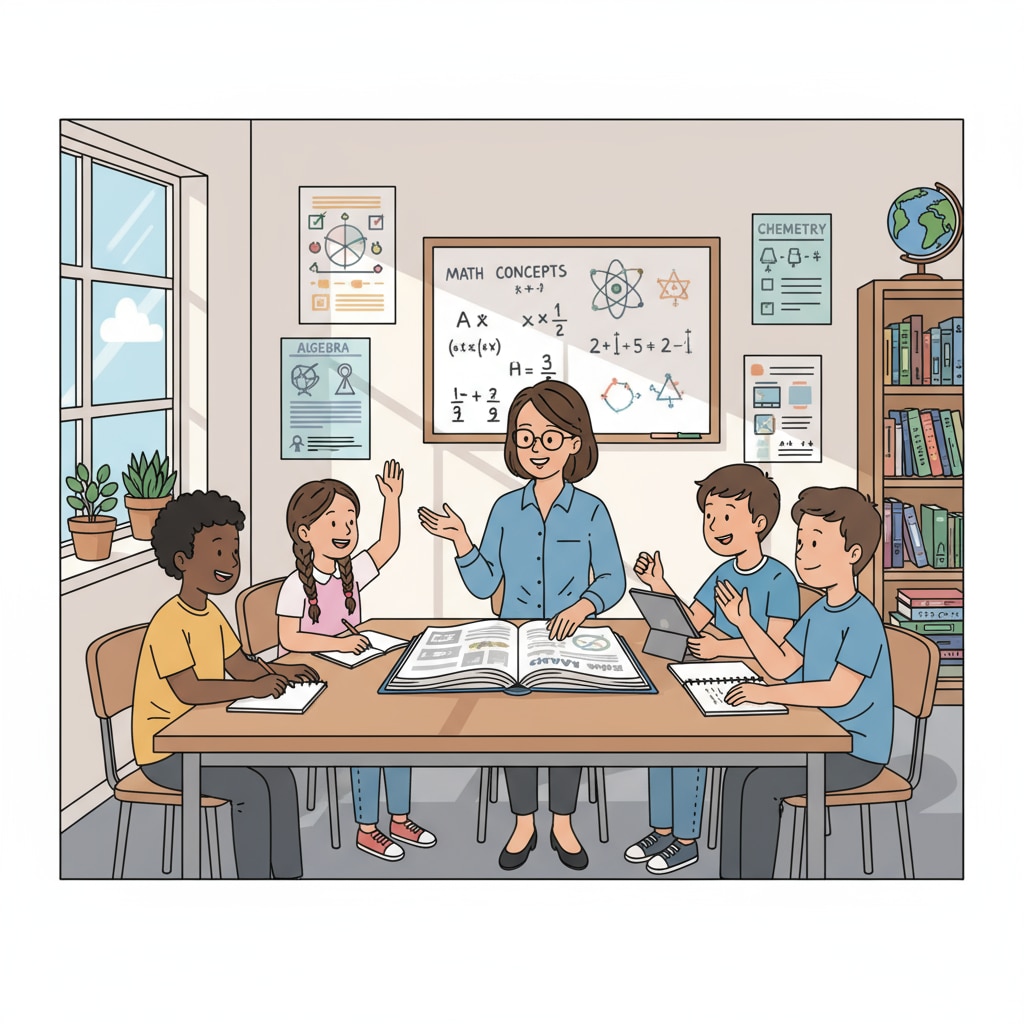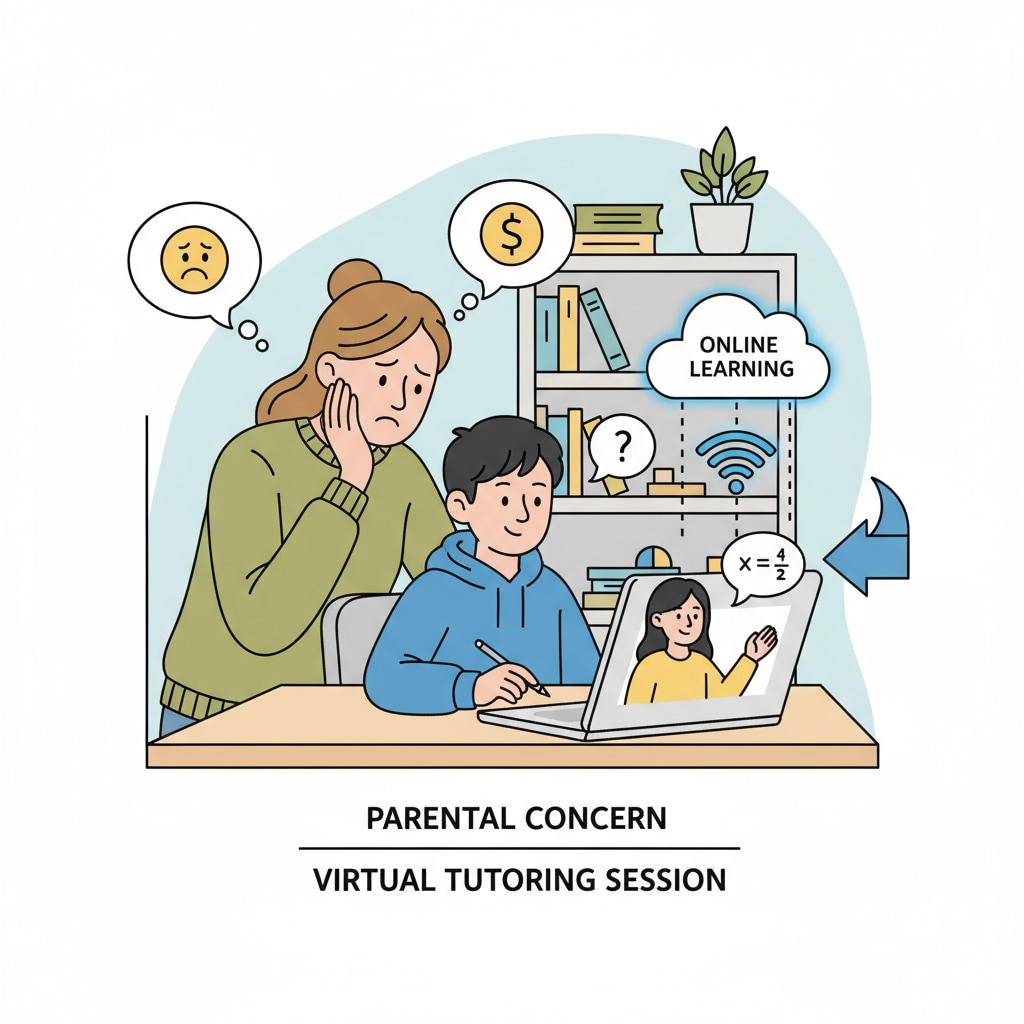In the realm of K-12 education, the issue of parents’ trust levels in online and offline tutoring has become a topic of great significance. As educational landscapes evolve, understanding the differences in trust towards these two modes of tutoring is crucial for both educators and parents.
The Trust Divide in K-12 Tutoring
Parents often exhibit distinct levels of trust when it comes to online and offline K-12 tutoring. In many cases, traditional offline tutoring holds an edge in terms of trust. For example, face-to-face interaction in offline settings allows parents to directly observe the tutor’s teaching style, engagement with the student, and overall classroom dynamics. This hands-on experience gives parents a sense of security and confidence in the tutor’s abilities. Parent Involvement in Education on Education.com

Psychological Factors Influencing Trust
There are several psychological factors at play. The perception of tangibility is one key aspect. Offline tutoring provides a physical presence, which many parents associate with reliability. On the other hand, online tutoring, despite its convenience, can sometimes be seen as less tangible. Parents may worry about the lack of in-person supervision and the potential for distractions in an online environment. Additionally, the fear of technological glitches can also erode trust in online tutoring. Parent Influence on Children from APA

However, it’s important to note that the trust gap is not absolute. In recent years, with the improvement of online tutoring platforms and the increasing familiarity of parents and students with digital tools, the trust in online tutoring has been gradually rising. Many online tutoring services now offer features such as recorded sessions, real-time interaction tools, and detailed progress reports, which help to build trust among parents.
Readability guidance: As we’ve seen, the differences in parental trust for online and offline K-12 tutoring are influenced by multiple factors. By understanding these factors, educators and parents can make more informed decisions in the K-12 educational journey.


